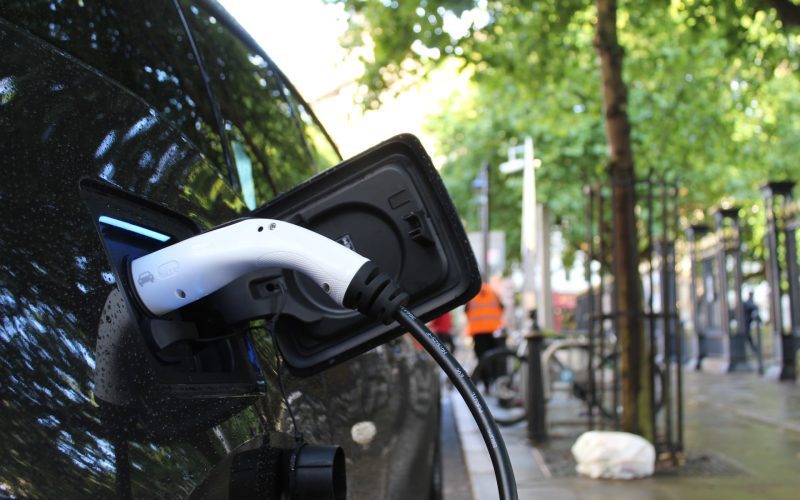The electric car market in the US has been steadily growing in recent years, with more and more consumers opting for environmentally-friendly vehicles. As part of efforts to support this growth, the federal government has implemented various tax incentives and rebates for electric car owners, which have been widely touted as a way to encourage adoption of these vehicles.
However, a closer look at the details of these incentives reveals that not all automakers benefit equally. In fact, there is evidence to suggest that the current tax breaks favor American auto manufacturers over foreign ones, potentially putting foreign competitors at a disadvantage.
The federal government currently offers a tax credit of up to $7,500 to consumers who purchase a new electric car. However, this credit is only available for the first 200,000 electric cars sold by each manufacturer. Once a manufacturer hits this cap, the credit begins to phase out, eventually disappearing entirely.
This means that early adopters of electric cars from manufacturers like Tesla and General Motors were able to take advantage of the full $7,500 tax credit, while consumers purchasing electric cars from other manufacturers like Toyota or Volkswagen may receive a lower credit or no credit at all.
Furthermore, there is a separate tax credit available for electric cars used for business purposes, such as by ride-sharing companies like Uber or Lyft. This credit is capped at $3,750 per vehicle and is not subject to the same phase-out restrictions as the consumer tax credit.
These tax incentives have been a major factor in the growth of the electric car market in the US, and have helped American automakers like Tesla and General Motors become major players in the industry. However, some argue that these incentives also give American manufacturers an unfair advantage over their foreign competitors.
Foreign automakers like Toyota and Volkswagen have invested heavily in electric car technology, and have been working to bring their own electric cars to market. However, because these companies have not yet hit the 200,000 vehicle cap, their customers are not eligible for the full $7,500 tax credit. This means that their cars are effectively more expensive than American-made electric cars, putting them at a competitive disadvantage.
Some experts have suggested that this disparity could be addressed by reforming the tax credit system, perhaps by making it available to all electric car buyers regardless of manufacturer, or by raising the cap on the number of vehicles eligible for the credit. Others argue that these incentives should be phased out entirely, and that the market should be allowed to dictate which companies succeed and which ones fail.
Regardless of what happens, it is clear that the current tax incentives for electric cars have had a significant impact on the industry, and will continue to shape its future. As the technology becomes more advanced and more affordable, it will be interesting to see how these incentives evolve and how they affect the balance of power between American and foreign automakers in the electric car market.











